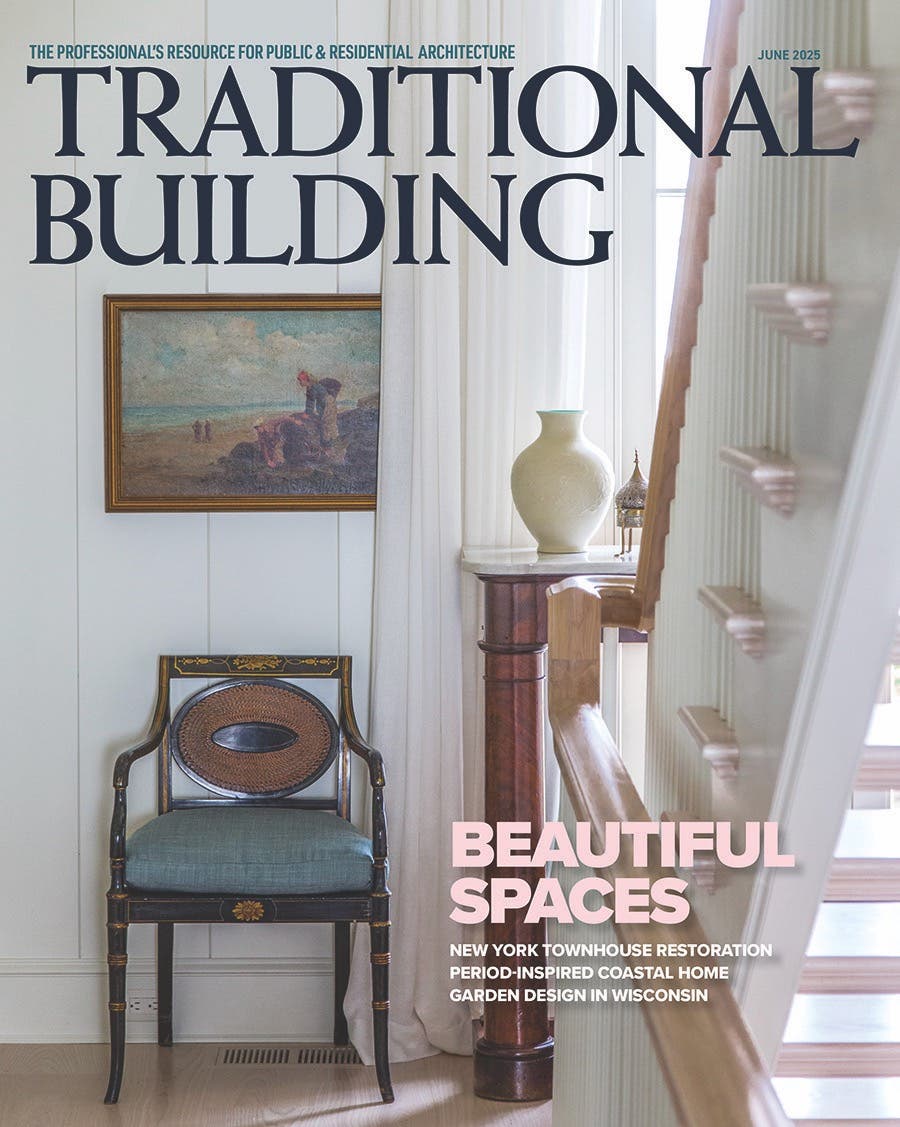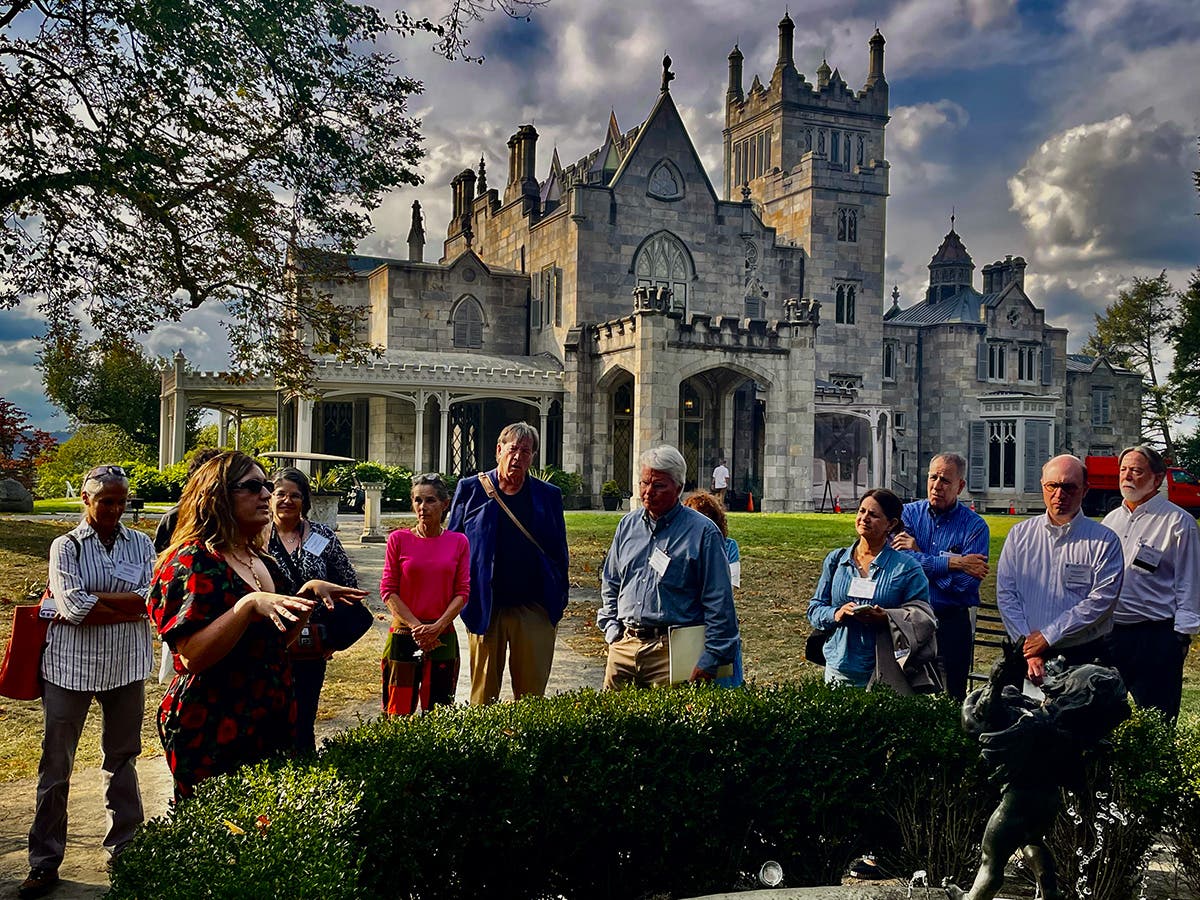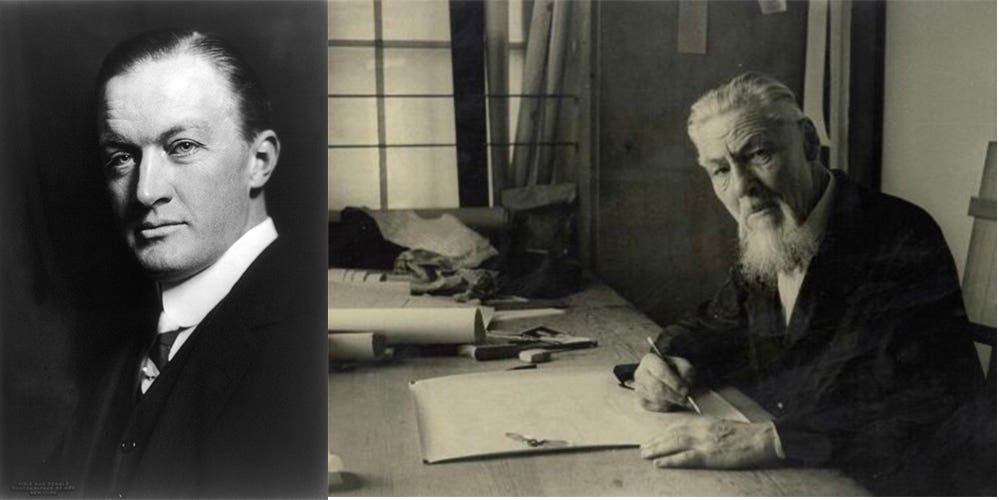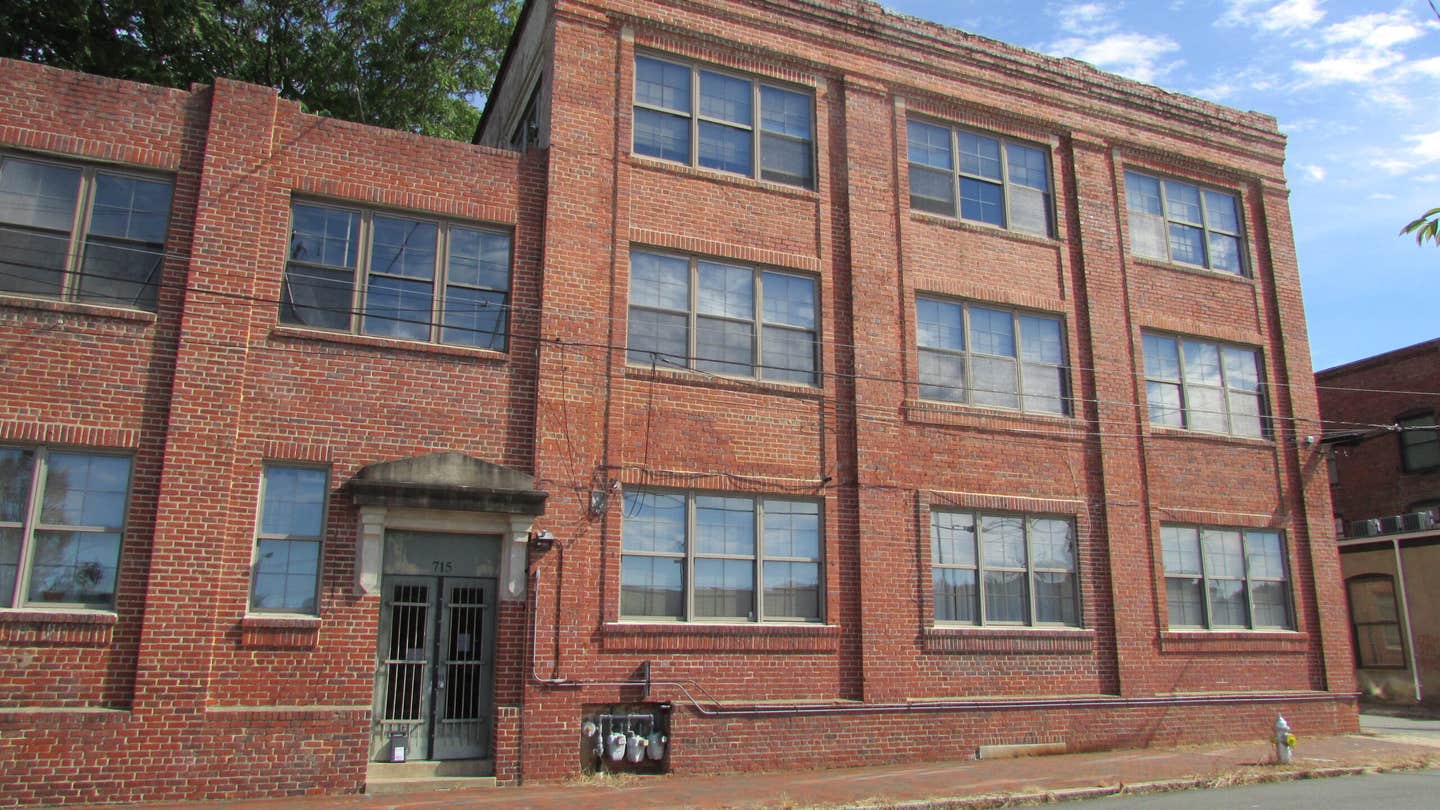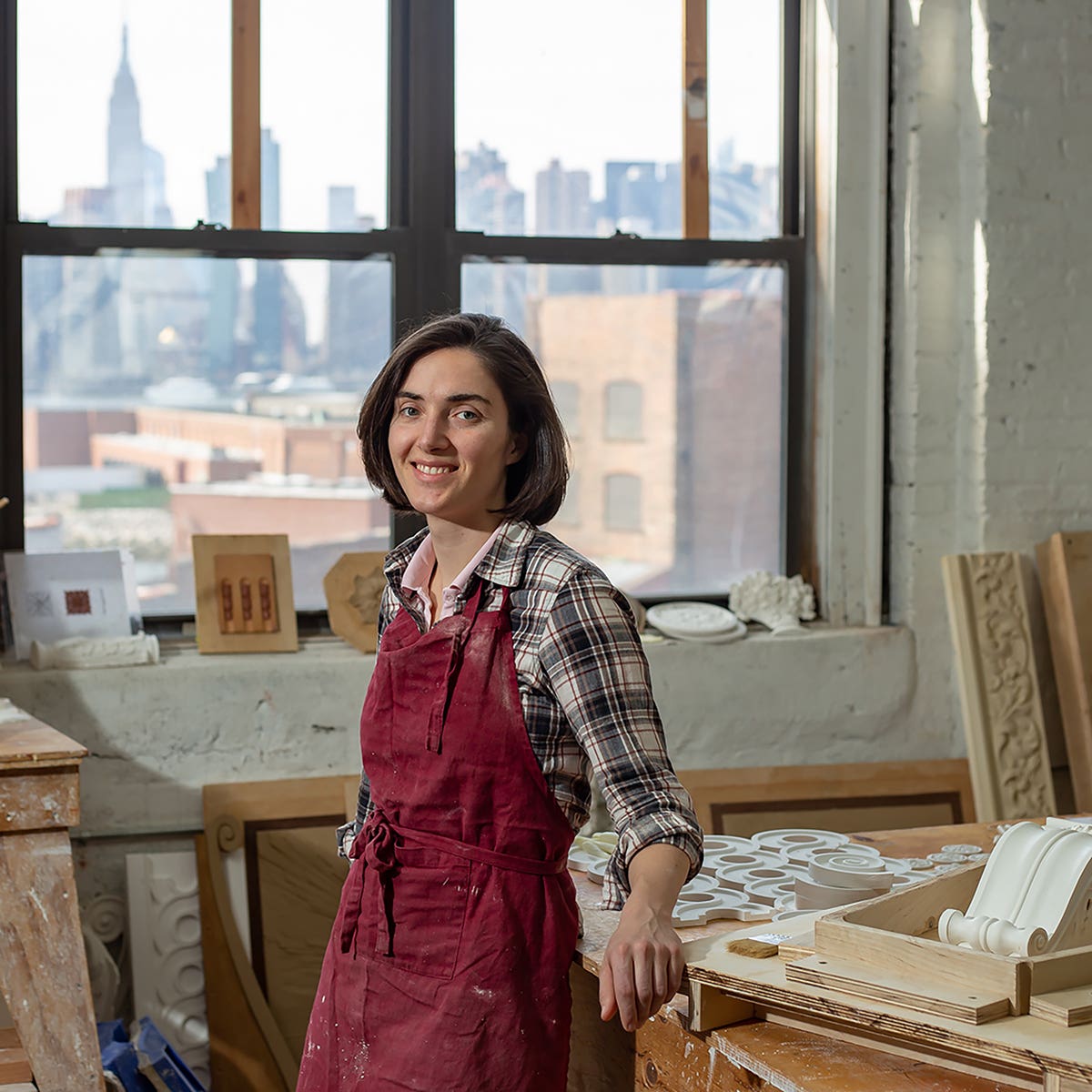
Peter Miller
Women in Construction
This data is cited in new research from the National Center for Construction Education & Research. The organization polled 770 construction industry professionals and conducted focus groups with 176 tradeswomen. The conclusion: With a shortage of 1.9 million craft professionals through 2025, the construction industry needs to recruit more women.
“There is tremendous opportunity for women in construction, an industry that offers competitive wages, benefits, and career growth,” says Jennifer Wilkerson, vice president of Innovation and Advancement for the National Center for Construction Education & Research. The NCCER’s white paper aims to assist employers with recruiting, hiring, and retaining women in craft positions.
Participants in these focus groups were asked “what unique qualities do women bring to project site success?” They answered: “Women are attentive to detail, don’t rush, follow directions well, are safety conscious, and work well in teams.” New construction tools and technology make brute force less important. The focus groups and survey respondents were both men and women.
Despite their skills, women are not wholly embraced by the construction industry, according to the NCCER white paper, which is titled “In Her Own Words: Rebuilding the Construction Industry.” The survey respondents point to the lack of trades training, inconsistent hiring practices, discrimination, and no paid time off for working Moms, as impediments to attracting more women to the trades. Employers have hired women in construction management positions more readily than for the construction trades.
This all got me thinking about the women I know in the traditional building segment, including preservation crafts like plaster, decorative painting, stained glass, window restoration, tile and terracotta, woodworking and carpentry. It seems like there are more women in the traditional building’s ‘allied arts,’ than in general construction. We’re the “artsy” part of construction that require the skills which are outlined above.
Like decorative plasterer Emily Bedard whose recent classical ornamental plaster project in Boston will be featured in TRADITIONAL BUILDING’s June issue. A Fellow of the National Sculpture Society and the 2015 recipient of the Stanford White Award for Craftsmanship, Bedard tells us, “I love classical design because the craftsmanship needs to be maintained and it requires traditional trades to perpetuate it.”
The more women who work in craft, the more other women are inspired to do so. Through her work, Bedard hopes to inspire a younger generation. “I went into classical art because of the skills required to make this kind of work. I want the younger generation to know that training in classical art and craft will help them find work. This kind of training gives them a measurable skill.”
To be sure, I find more women in the decorative side of the construction trades than I do female framers or stone masons. Like Susan Halla who makes and installs decorative, mid-century retro-style garage doors. Halla has been featured in TRADITIONAL BUILDING’S sister magazine OLD-HOUSE JOURNAL where she told us, “I turned my aptitude for precision sawing and laminate, into my company MAKE it MID-CENTURY. Her doors adorn 1950s and ’60s neighborhoods in her hometown St. Louis and around the United States.
Mimi Near of Mimi Near Mosaics has also been featured in OLD-HOUSE JOURNAL largely because her beautiful ceramic, glass and stone works are inspired by the Arts & Crafts movement. Near apprenticed by her father’s side, learning to be a master tile contractor and craftsperson. Here she learned technical and design skills. Like many of the women in craft we follow, in time, they move from the job site to the studio, to running their own business. But even after 30 years in her own business, Near is never far from the job site where her mosaics are installed.
Lindsay Jones has parlayed her hands-on historic conservation skills to a consultancy in historic restoration and renovation called BLIND EYE RESTORATION. While most of her income comes from giving expert advice, her work requires everything from climbing scaffolds to chipping old paint to training tradespeople the finer points of material conservation. Jones has advanced degrees in architectural history, construction, and historic preservation—a good example of how interdisciplinary the traditional building practice is.
It is likely that this blend of education and skills that makes a career in traditional building much or more appealing to women than does general construction. The National Center for Construction Education & Research’s white paper makes suggestions about attracting more women to the construction trades. These recommendations: better training, benefits, flexibility for working moms, and equal pay don’t talk about interesting work. The preservation trades and the building arts are rich, varied, interesting and aesthetically pleasing.
If historic wood windows comprise much of the aesthetic appeal of old houses and traditional buildings, we have Alison Hardy, Window Woman of New England to thank for restoring them. Hardy has her home improvement contractor’s license in Massachusetts where she specializes in stripping, glazing, weatherstripping, and repairing the sash cords and pulleys in old windows. She is a charter member of the Window Preservation Alliance, a nonprofit organization that connects homeowners with qualified window restorationists.
The NCCER’s white paper challenges readers by saying “The construction industry struggles to recruit and retain highly skilled craft professionals. Our research proposes that this can be partially solved by recognizing the benefits women bring to project sites.” NCCER can find encouragement in the traditional building business where craftswomen thrive.
Peter H. Miller, Hon. AIA, is the publisher and President of TRADITIONAL BUILDING, PERIOD HOMES and the Traditional Building Conference Series, and podcast host for Building Tradition, Active Interest Media's business to business media platform. AIM also publishes OLD HOUSE JOURNAL; NEW OLD HOUSE; FINE HOMEBUILDING; ARTS and CRAFTS HOMES; TIMBER HOME LIVING; ARTISAN HOMES; FINE GARDENING and HORTICULTURE. The Home Group integrated media portfolio serves over 50 million architects, builders, craftspeople, interior designers, building owners, homeowners and home buyers.
Pete lives in a classic Sears house, a Craftsman-style Four Square built in 1924, which he has lovingly restored over a period of 30 years. Resting on a bluff near the Potomac River in Washington, D.C., just four miles from the White House, Pete’s home is part of the Palisades neighborhood, which used to be a summer retreat for the District’s over-heated denizens.
Before joining Active Interest Media (AIM), Pete co-founded Restore Media in 2000 which was sold to AIM in 2012. Before this, Pete spent 17 years at trade publishing giant Hanley Wood, where he helped launch the Remodeling Show, the first trade conference and exhibition aimed at the business needs and interests of professional remodeling contractors. He was also publisher of Hanley Wood’s Remodeling, Custom Home, and Kitchen and Bath Showroom magazines and was the creator of Remodeling’s Big 50 Conference (now called the Leadership Conference).
Pete participates actively with the American Institute of Architects’ Historic Resources Committee and also serves as President of the Washington Mid Atlantic Chapter of the Institute of Classical Architecture & Art. He is a long-time member of the National Trust for Historic Preservation and an enthusiastic advocate for urbanism, the revitalization of historic neighborhoods and the benefits of sustainability, including the adaptive reuse of historic buildings.


